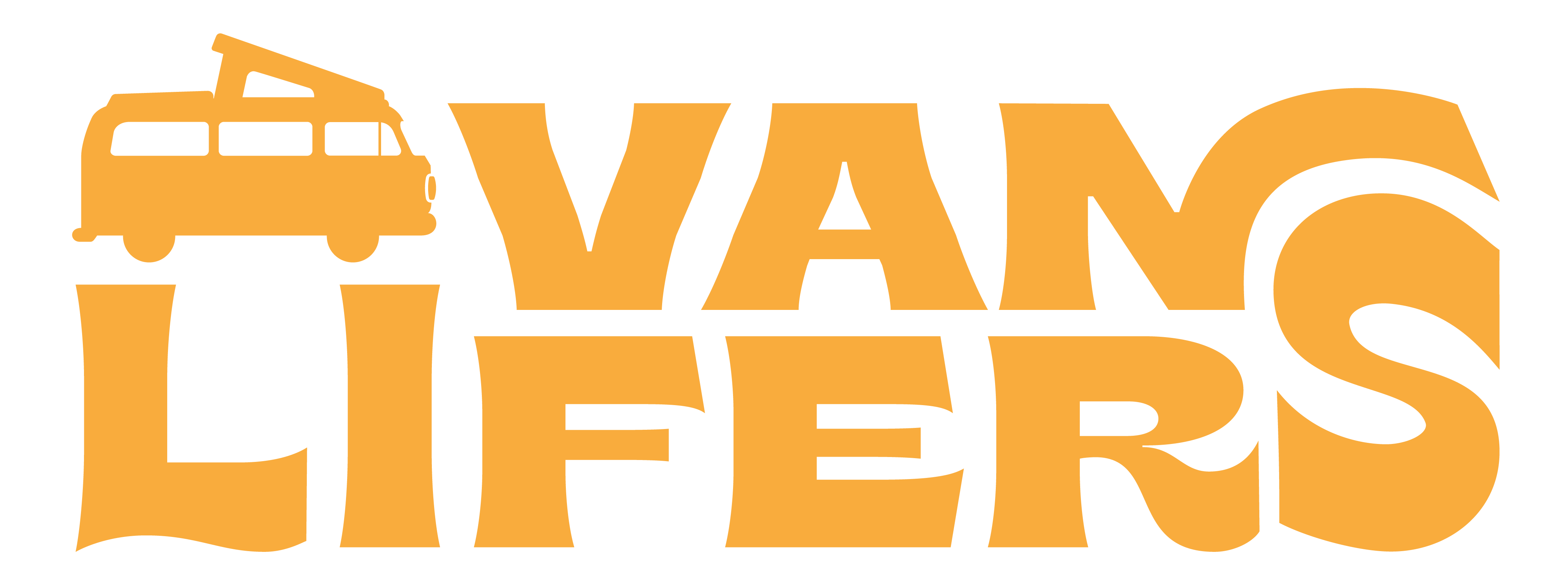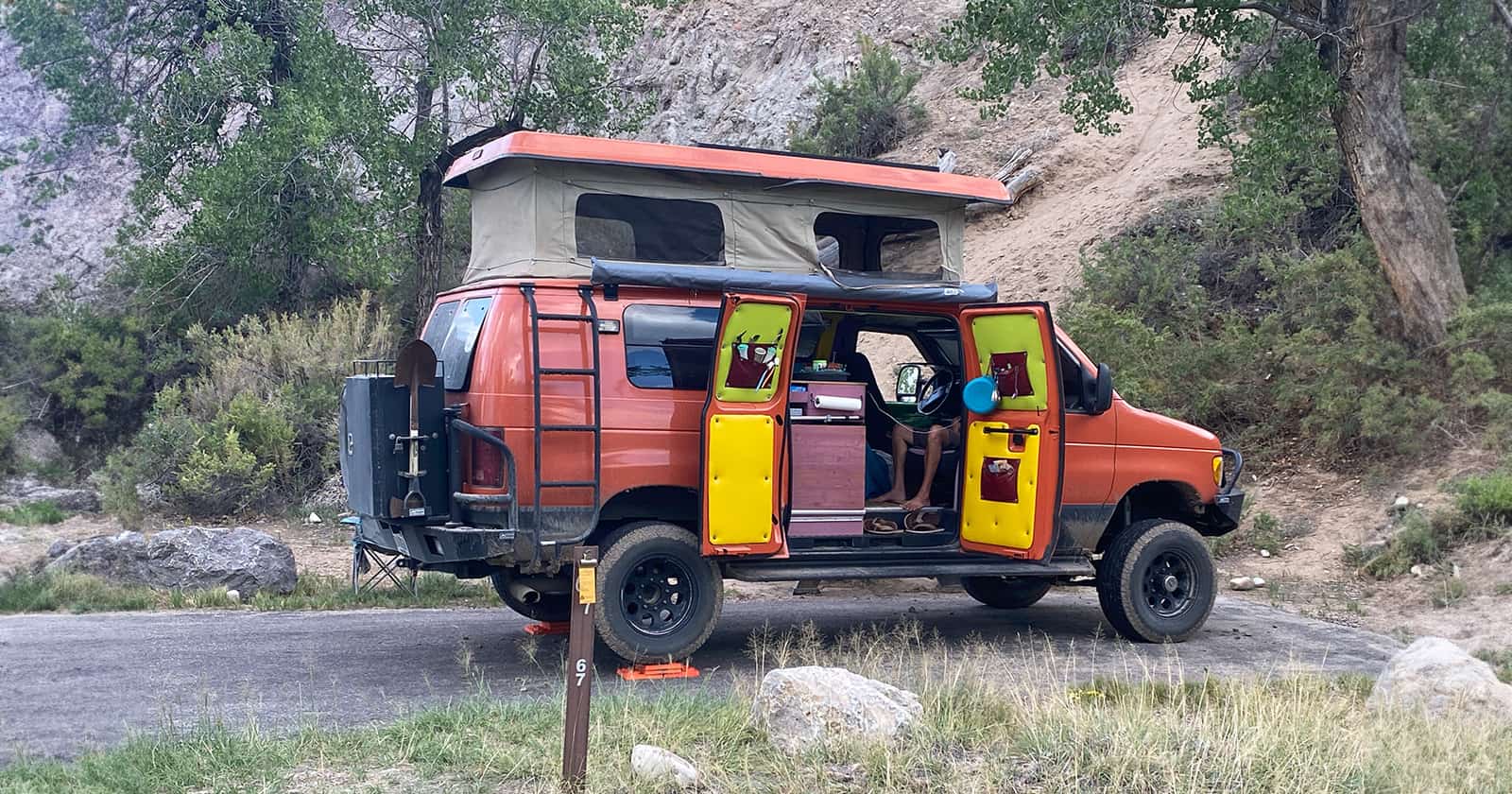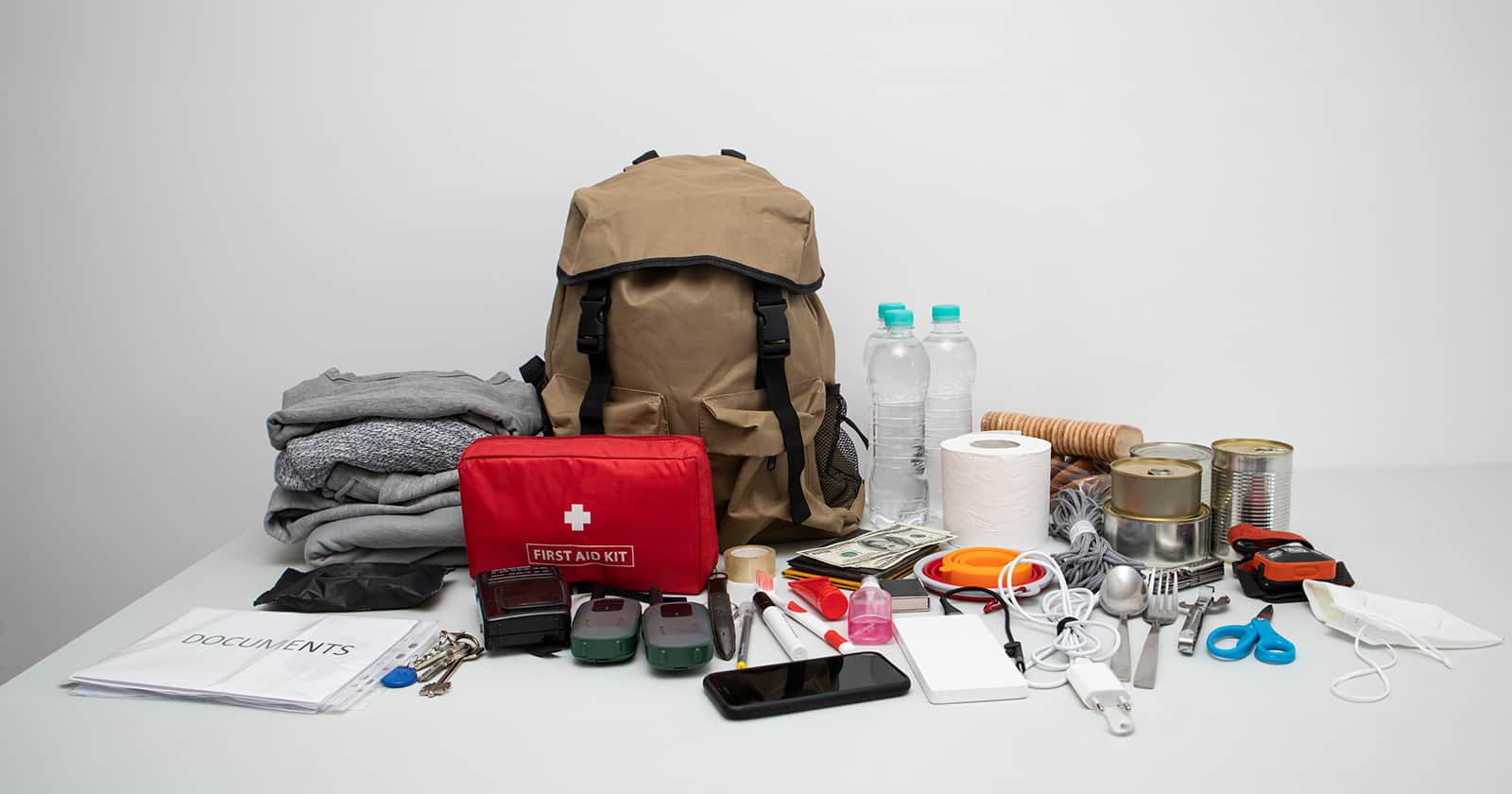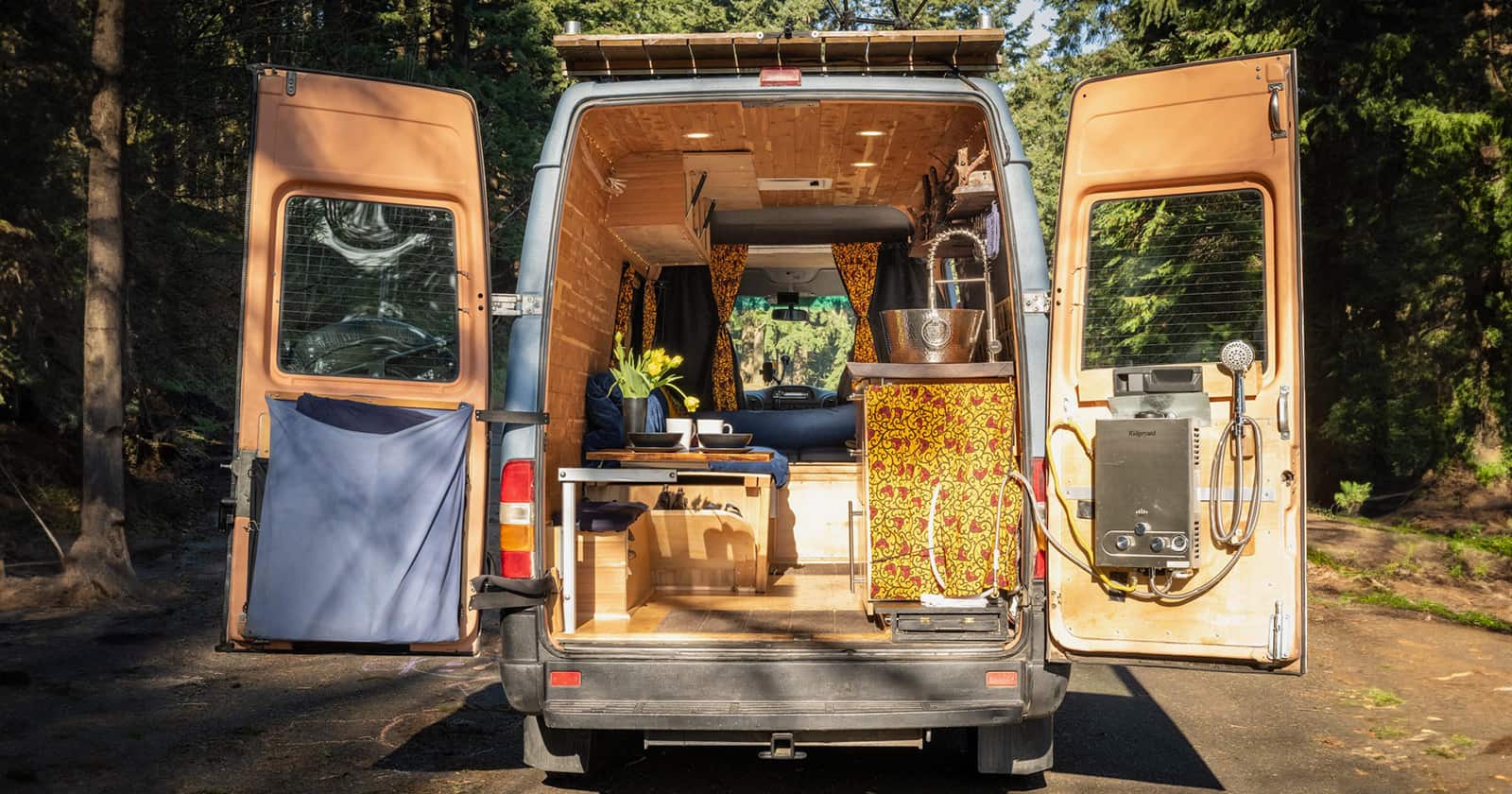Class B RVs Have Become Increasingly Popular
Class B RVs are a less expensive, lower-maintenance alternative to Class As, Cs, and fifth wheels. This accessibility makes them very appealing to a wide demographic; the sense of adventure associated with the van-life trend appeals to younger and older folks alike.
Here, we discuss everything Class B RV, from aesthetics to logistics. For people eager to get on the road and live a life of wanderlust, here are some things you may want to know if you’re considering purchasing a Class B vehicle.
What Is a Class B RV?
A Class B RV also called a campervan, is a gasoline or diesel-powered vehicle with driving capabilities and a large van chassis. Due to their smaller size, they are much easier to navigate and are more fuel-efficient than their Class A and C counterparts. These vehicles are best for smaller parties, ideally between one and four people. Although they don’t feature slide-outs, Class B’s offers many luxurious amenities such as beds, kitchens, and restrooms. They are a true home-on-wheels and contain many mechanical components you’ll want to protect.
Although they are not quite as spacious as larger RV models, Class Bs still often have room for a galley kitchen with a stovetop, sink, fridge, and even a microwave. Restrooms manage to pack in a toilet, sink, wet bath, and sometimes even a shower. Manufacturers have become experts in space optimization. There is a surprising yet impressive amount of storage room available!
Things to Consider
You will want to keep some factors in mind while considering purchasing a Class B RV. Vehicles have either gasoline or diesel-powered engines. Diesel engines are good for saving money and energy due to their high fuel efficiency and energy density. However, diesel is more costly than gasoline, and maintenance can be a bit more expensive.
Additionally, you will want to consider what kinds of trips you plan to take. Class Bs can be either two-wheel drive or four-wheel drive. A vehicle with four-wheel drive capabilities costs more but is more versatile.
Why a Class B is a Good Option
Size
The main difference between Class B vehicles and other motorhomes is their size. Because they are significantly smaller, Class Bs are incredibly convenient.
Learning to adapt to driving a large motorhome can be daunting. Campervan sizes make them nimble, meaning they are much easier to drive and perhaps eliminate some of the stress people experience driving a vehicle like a Class A RV. However, many models boast swivel seats—a comfortable and convenient similarity they bear to other RVs. The swivel seats take up less room than the bucket seats characteristic of regular vehicles.
The smaller size also means easier access. A tricky road that might normally stop a towable trailer will be no problem for a Class B. This seriously expands the limitations for outdoor exploration—especially if you’re looking to camp out somewhere off the beaten path! A Class B’s shorter chassis is extremely helpful for parking, which also broadens one’s options for places to stop. Need to parallel park? No problem. A Class B will ease right into the average parking space.

Cost
The size of Class B comes with a lot of perks. Another major consideration is the cost compared to other motorized RVs and towable trailers. Class B RVs are significantly less expensive. The base purchase price is lower overall, but there are other means through which a campervan will save you money.
Yet another perk of a campervan’s size is fuel efficiency. This is excellent news for those hoping to travel on a tighter budget. Class Bs dominate the RV scene in terms of gas mileage. While they are much smaller, Class Bs contain quite a few mechanical components and powerful engines. To protect your travel budget, you can invest in an extended RV warranty to help cover the cost of these potential repairs. Click here to get a free quote for your Class B today!
Another perk of the Class B life is lower cost means more funds leftover for fun! People love to renovate their campervans and install add-ons because they have the financial cushion to do so.
What Would a Class B Warranty Plan Look Like?
If you are purchasing a Class B RV, you should at least consider purchasing an extended RV warranty plan to protect your finances in the event of a mechanical or electrical failure. Wholesale Warranties offers a variety of policies, including one that caters specifically to Class B vehicles. Because there are fewer covered parts than in a larger RV, coverage plans are proportionately less expensive.
However, don’t let the small size lull you into believing the repair costs will be cheap. In looking at claims made on RV repairs, you’ll notice a trend of common and costly failures. From power steps, convection ovens, and macerator pumps to diesel engines, thermostat control boards, and even $1,000+ radio repairs, all of those items that make your campervan a comfortable way to travel also run the risk of breaking down. Additionally, Class B motorhomes are not immune to the rising cost of RV repair. With a higher demand in the RV repair industry than ever, part and labor costs continue to rise, regardless of what type of RV you call home-on-wheels.
The good news is you can set yourself up for success by investing in an extended RV warranty. These policies are priced to match the potential risk of Class B motorhomes and will cover these repair costs to get you back on the road where you belong. Learn more here!
Ready to hit the road?
The campervan life looks good on just about anybody. Prepare ahead of time, choose the right rig for you, and hit the road.




We have a 2018 Winnebago Travato 59K which we bought new. We downsized from a 28 foot travel trailer because of my medical issues. The Travato took a little getting used to because of it’s size but once we figured out how to move around inside without getting into each others way, it works out just fine. This article is very informative and well written.
The article seemed more of a sales pitch for a warranty. The one picture was of a home made van conversion. Not very informative about Class B’s.
I like the advantages of a Class B, and we may end up in one in the future. I’d disagree with your statement about being significantly less expensive than a towable though. You can get a lot more space in a 25-26’ travel trailer and a 1/2 ton pickup at a significantly lower cost than most Class B’s.
I guess you would call my van a Class B. Previously it was used by a hospital for transporting patients. It is a long wheel base 3500 Dodge van, with a high top. Right now the interior is bare (bought it that way). Nothing done yet because researching the proper way to put a floor in. I will NOT be drilling holes thru the steel, putting in screws, bolts, etc. Hard because every so-called expert has a different way of doing it. Not decided what the top of the floor will look like, but nothing will be bought, no vinyl flooring, but will be custom, done by me. Once the floor is as I want it will do the walls, again custom. Furniture will mostly be folding, to store when not being used, including table(s), and the bed will lift to make use of the space under. Shower, hang a container of heated water, shower curtain, tub to stand in, store all when finished. DIY composting toilet, concealed in a large chair, moveable, but likely to stay in one place. Electric, from vehicle battery, solar, wind generator, and DIY generator for backup. Small still to produce potable water for drinking and cooking. And a number of other things. Heat, small 12v electric car heater, wood stove. Cook stove, likely alcohol. NO propane, period. There is more, but I’ll skip those. Once I figure out the floor, the rest of the inside will go fast, and even if I buy all the wood new, it will still be low cost. I’ve got the skill to do this, and been doing a lot of homework on it for a couple of years now, and still learning. Old time saying, why buy it if you can make it. Well, I can make it.
I’m VERY concerned about the generator being placed underneath the van . What happens if I’m caught up in a heavy rain, or how do I check the oil in it without crawling under ? Is there any alternative to remedy this situation ?
Class B’s cost more then Class C’s, I had a B now have a C. Advantage to the B is size; you don’t need to tow another vehicle because there’s nothing to setting it up so you can just drive it. The C is a different story, once you’ve set it up you don’t want to use it to go anywhere. Mine are both diesels and get about the same fuel milage; B is a 5 cylinder Mercedes, C is a 6 cylinder Ford. Advantage of the C is more room, it has 1 slide, bigger refrigerator, full bathroom and is very much nicer. They drive about the same.
Last year I brought a vintage Roadtrek Versatile. I love it. It has 4 captain chairs & the dinette also sits four. I used to have a class C when the kids were young. Now it’s just me & my dog, & I felt that a class C was to big. I’m a minimalist & only take what I need. I use it both as a campervan & passenger van. Best of both worlds.